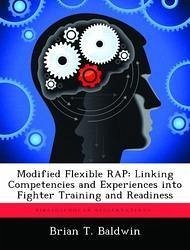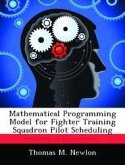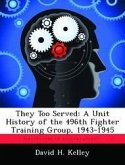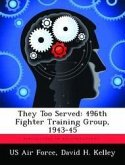Imagine an Air Force that can't train to fight a big war, can't train for the small war, but is too busy and poor to fix the problems. Now open your eyes. We're there. Fighting the Global War on Terror requires a specific skill set that is different from flying an alert mission for Operation Noble Eagle, and is very different from the requirements of fighting a near-peer competitor. But, if the Air Staff has its way, by Fiscal Year (FY) 2010 most of the fighter and bomber squadrons will be training to fight three different kinds of wars with about 32% less flying hours than they had 2004 (according to ACC/A3TO). Air Force resources and policies are preventing fighter squadrons from being combat ready and something must be done. What can we do? What we can do is to halt the next roughly 10% cut to flying hours that the Air Staff is trying to impose as an "efficiency" starting in FY10. How did we gain this efficiency? Well, we created it by cutting the flying hour budget. You see, if you don't fund the hours then you have spent less on readiness and you can claim an "efficiency" in the name of Air Force Smart Operations (AFSO)...21. I didn't want to forget the 21. That makes it futuristic and inherently better, doesn't it? There may be some great applications for AFSO21, but using blanket cuts that are relying on some hoped-for efficiency doesn't seem like a good bet. What else doesn't seem like a good bet? The Air Staff willingly restoring the unfunded hours. So what else can we do to train better if we aren't getting the right resources?
Hinweis: Dieser Artikel kann nur an eine deutsche Lieferadresse ausgeliefert werden.
Hinweis: Dieser Artikel kann nur an eine deutsche Lieferadresse ausgeliefert werden.








